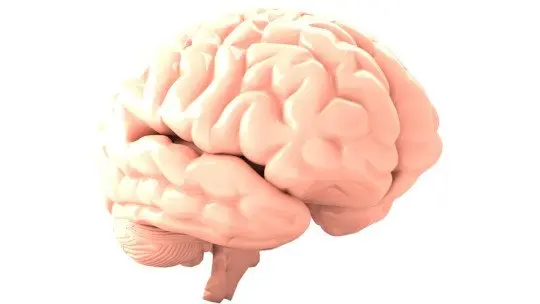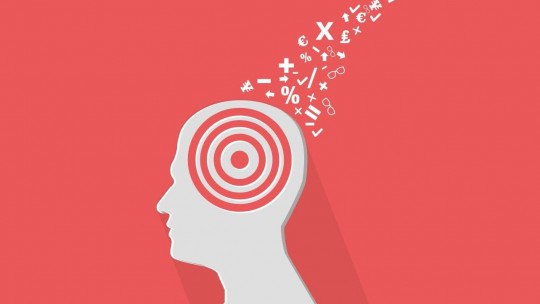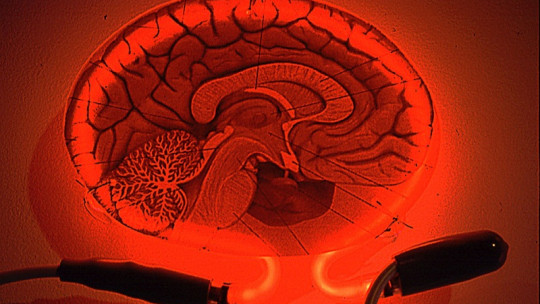
As we have already commented in other articles where we have addressed Neurolinguistic Programming, knowing it allows us to improve in various facets of life, one in which it especially helps, communication; and, by extension, an improvement in inter and intrapersonal communication will allow establishing better relationships with others.
In this article we want to try and explain one of the fundamentals of NLP that allow us to understand why misunderstandings occur or why we say “they don’t understand me” in interpersonal relationships With this we will understand that many of these situations are not caused so much by a problem expressing oneself, but rather have a more complex and internal origin.
Complex equivalences
The term complex equivalences itself seems like a kind of mathematical theory, but the truth is that it is a foundation that every person should know in order to better understand themselves and especially others.
The term “equivalences” really refers to values. That is, to those rules or principles that are important to each person, that govern their life, and which are the ones that usually move and act. Examples of these values are love, respect, freedom, commitment…
The “complex” part comes precisely because, although they are universal values, how each of us identifies them is not so complex. That is to say, the way in which my boss can understand what commitment to the company is, is in one way and can be very different from how I understand it. Each one with their life lessons, their beliefs, has established a meaning for that value of commitment and acts accordingly
The way in which one understands some values and the priority that one gives to them in one’s life is the key to many misunderstandings arising. If for one of the parties in a romantic couple love is calling the other person several times a day, but for the other it is giving you a kiss when you get home, it is clear that the phrase ‘he doesn’t understand me’ will be very common in that relationship.
Define your complex equivalences and improve relationships
To eliminate misunderstandings of this type in our lives and, especially, establish balanced relationships in all areas, both personal and professional, The key is to work, therefore, on these complex equivalences
This can be done, broadly speaking, in 3 fundamental steps:
Knowing and working on complex equivalences is useful for anyone because it will allow them to improve their relationships and communication with others. But For people who work in human aid and accompaniment, it is also a plus to be able to perform their work better because it allows them to open a broader horizon of understanding of the other.
Learn the basics of NLP
It is key to know the fundamentals of NLP, including these complex equivalences that we have seen, to be able to correctly understand and apply the different techniques and tools that Neurolinguistic Programming has.
In D’Arte Human Business School We care that the NLP training that we teach at school these fundamentals are carefully studied so that the people who learn Neurolinguistic Programming with us know it in its entirety, and not just some dynamics and techniques. This is possible because we are the only school that has one of the co-creators of NLP itself as a trainer: Frank Pucelik. This is a guarantee of a first-level approach to this matter.








